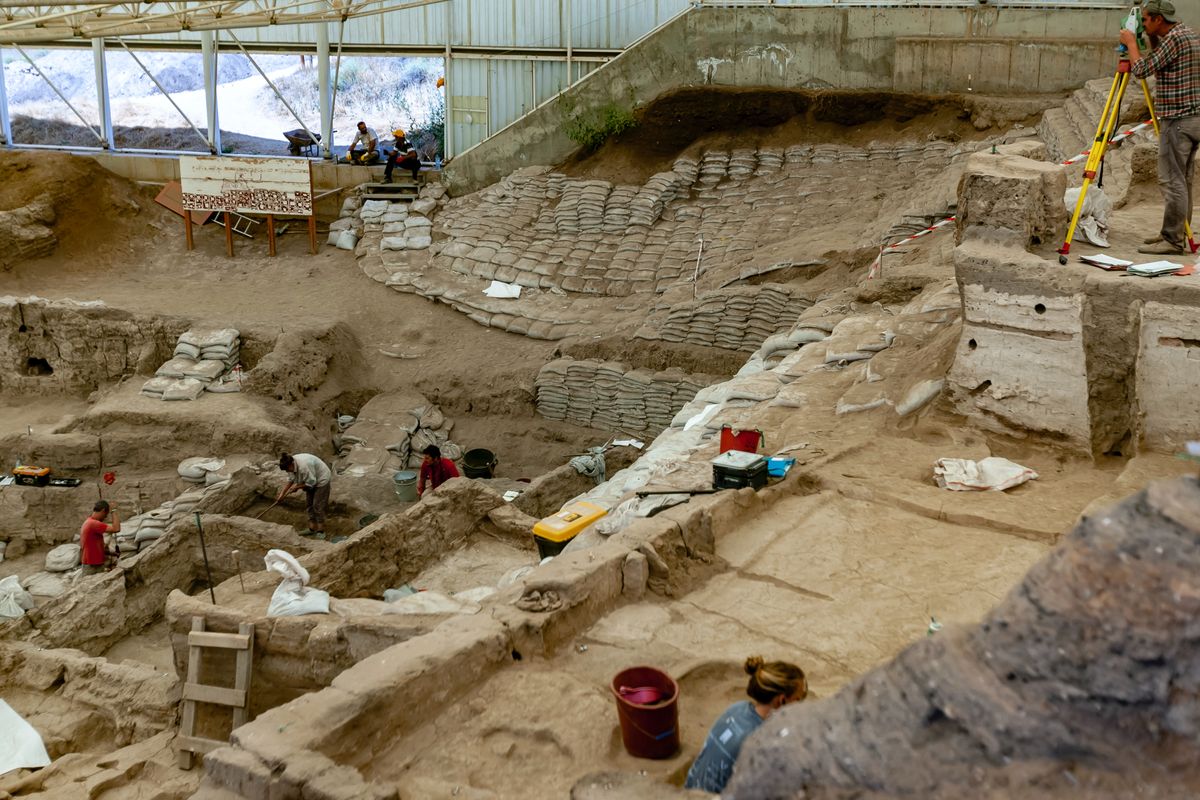The Why Machine

(Disclaimer, this has nothing to do with that TED-talk leadership witch doctor. Relax.)
I was thinking the other day about how in any long-running work endeavour, whether it's a project, programme, startup or business, there comes a point during its lifetime where suddenly a small, but significant part of the effort that goes into achieving what ever the goal is, gets diverted to archeology. Typical symptoms that you've reached that stage can be:
- Individuals spend a lot of time searching for contextual information that will enable them to do their job. you might hear 'speak to X they'll know/point you in the right direction', or 'its all in confluence/sharepoint/etc somewhere'
- New starters take an increasingly long time to become effective compared to 'old timers' who carry an unknown (to themselves and others) amount of context that they have acreted over time, like knowledge barnacles to their brain hull
- You spend time going over old decisions again, either at best explaining historic rationale, sometimes re-examining them at the right moment because the conditions that led to the decision has changed, at worst just to reiterate the same conditions and decision for a new stakeholder
- Sometimes you can't even remember why something happened the way it did or why a certain decision was made
I think this need for archeology arises from the laying down of layers over layers of complexity over time. That complexity doesn't need to be about the particular problem or project goal that we are trying to achieve, it can be an intertwining of relatively simple things, starters and leavers, changing scope, number of communication paths, competing narratives and egos (or rather competing egos needing to create competing egos). It gets to the point where this layering of knowledge and fact, myth and proposal becomes too big for even multiple people to keep in their collective heads, and thats when the archeology starts.
There are established methods to combat this, the various tools we use to manage knowledge, the various rituals we perform to maintain work-memes within teams. but its all a lot of ineffective overhead. The radical over-simplifier in my head might propose avoiding this scenario in the first place somehow e.g. by confining the scope/duration/people involved to the point of nothing useful being achieved, but on the day I was thinking about this, i was in a more expansive mood.
As a thought experiment, imagine what it would be like to have a Why Machine. At any point, with the ease of a google search (or chatGPT prompt, keeping it current ;) ) you immediately have the appropriate context spanked into your synapses, like a time machine but for context. How cool would that be? Imagine joining a project team, 'hmm why did they make this decision?' BAM! instant context!
OK,. so maybe context being 'spanked into your synapses' (i should work in Marketing!) is unlikely to happen. But given the tools available to us now, how could we reduce the waste inherent in long running projects/programmes and make context a readily addressable asset?
How would you build your Why Machine?
